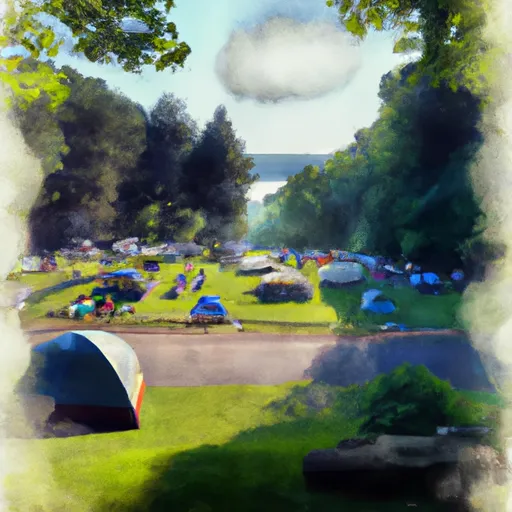2026-02-23T13:00:00-05:00
* WHAT...Heavy snow. Additional snow accumulations between 2 and 8 inches. Winds gusting as high as 40 mph. * WHERE...Dauphin, Lancaster, Lebanon, Schuylkill, and York Counties. * WHEN...Until 1 PM EST Monday. * IMPACTS...The strong winds and weight of snow on tree limbs may down power lines and could cause sporadic power outages. Travel could be very difficult. The hazardous conditions could impact the Monday morning commute. * ADDITIONAL DETAILS...Rain is currently transitioning to snow across the Lower Susquehanna Valley. Snow will begin to accumulate as temperatures fall tonight. The heaviest snow totals are expected to the east, with lesser amounts to the west. Much of the accumulating snow will be winding down by Monday morning.
Summary
With an elevation of approximately 1,503 feet (458 meters), it offers a challenging yet rewarding climb for mountaineers and hikers alike. The mountain covers a significant area, with its summit spanning across a sizeable portion of the landscape.
During the winter season, Hawk Mountain experiences varying snowpack ranges, influenced by the region's climate and weather patterns. The snowpack accumulation can range from a few inches to several feet, creating a picturesque winter wonderland for outdoor enthusiasts. This snowpack also contributes to the mountain's ecological significance, providing essential moisture for the surrounding forests, creeks, and rivers.
Speaking of waterways, Hawk Mountain contributes to the runoff of several creeks and rivers in the area. Specific creeks, such as the Crystal Creek and the Little Schuylkill River, receive runoff from the mountain, enhancing their flow and providing a freshwater source for flora and fauna downstream.
Regarding its history and lore, Hawk Mountain derives its name from the numerous hawk species that migrate through the region during their annual journey. This natural phenomenon has attracted birdwatchers and researchers for over a century, establishing Hawk Mountain as a renowned location for raptor conservation and research. The mountain holds a rich history of ornithological study and is home to the world's first raptor sanctuary, founded in 1934 by conservationist Rosalie Edge.
In conclusion, Hawk Mountain is a notable peak in the Appalachian Mountains, offering beautiful vistas, varied snowpack during winter, and contributing to the water systems in the area. Its name stems from the migratory hawks that pass through the region, and its history is deeply intertwined with ornithological research and conservation efforts.
°F
°F
mph
Wind
%
Humidity
15-Day Weather Outlook
5-Day Hourly Forecast Detail
Regional Streamflow Levels
1,750
Cubic Feet Per Second
431
Cubic Feet Per Second
4
Cubic Feet Per Second
2,270
Cubic Feet Per Second
Area Campgrounds
| Location | Reservations | Toilets |
|---|---|---|
 Blue Rocks
Blue Rocks
|
||
 Campsite with view
Campsite with view
|
||
 Locust Lake State Park
Locust Lake State Park
|
